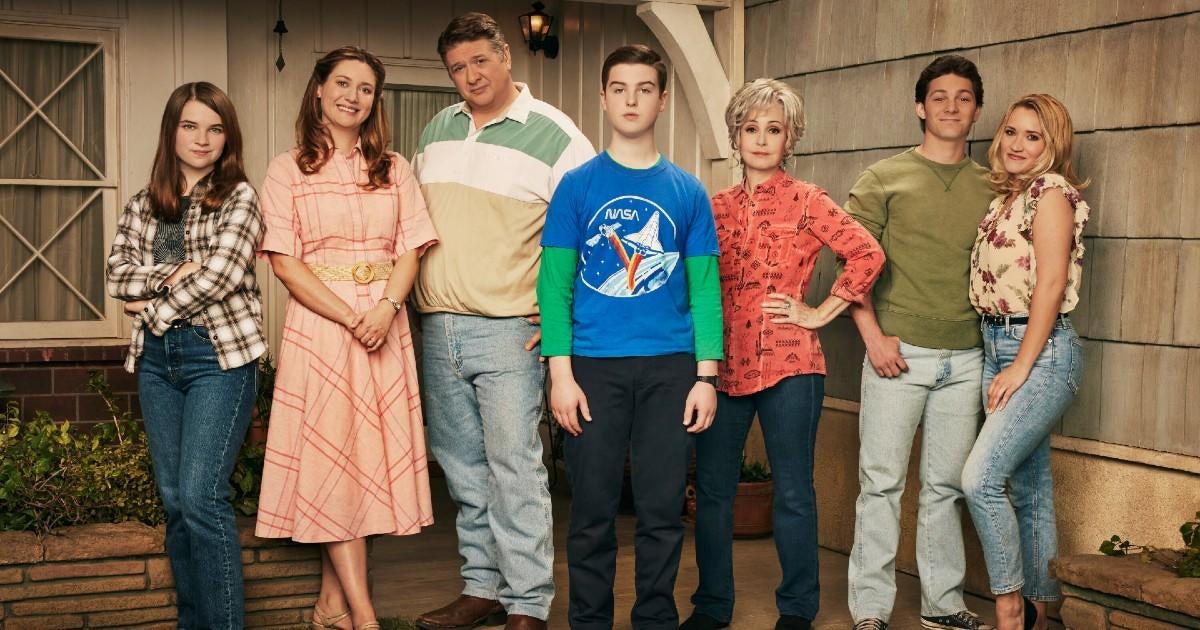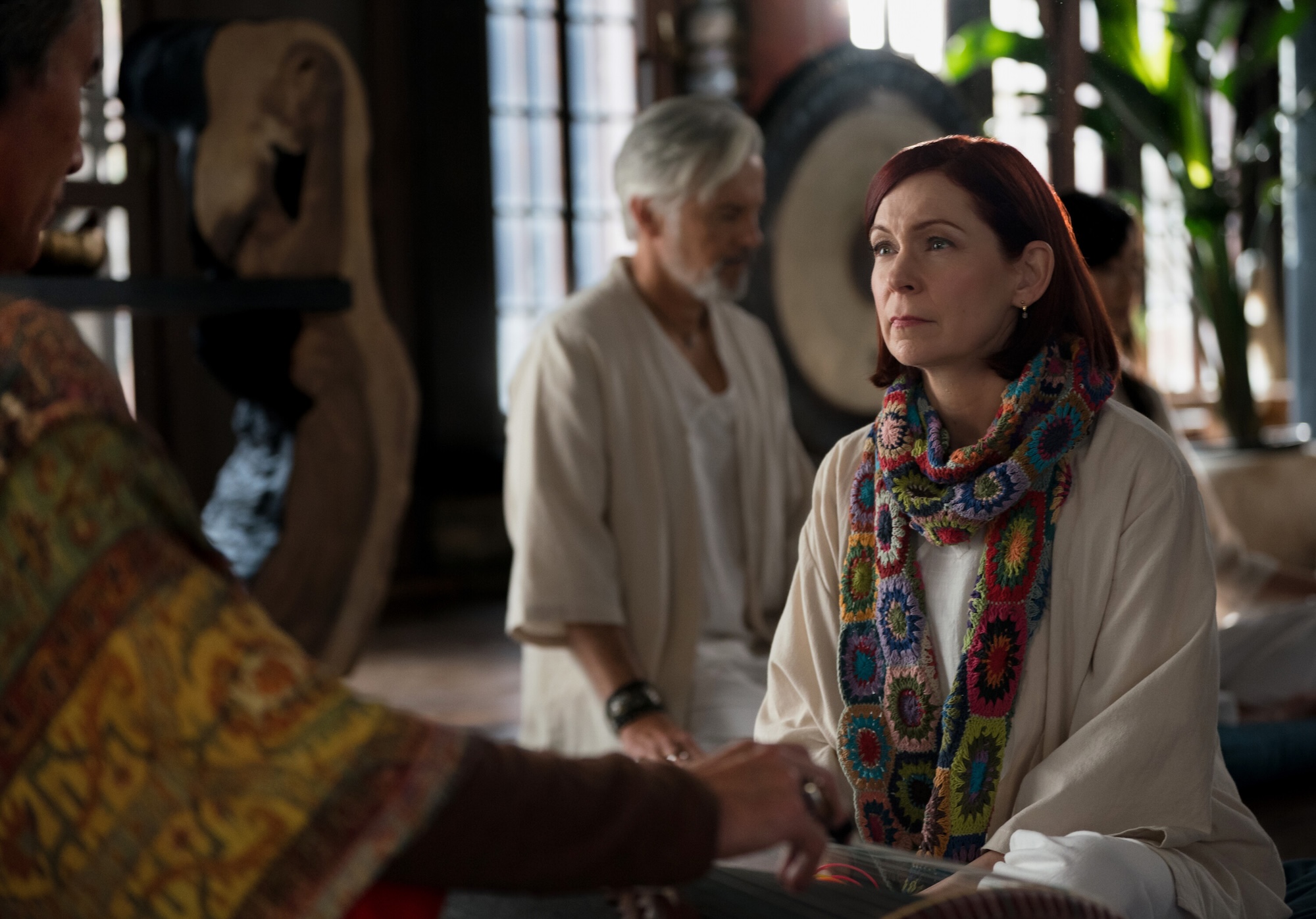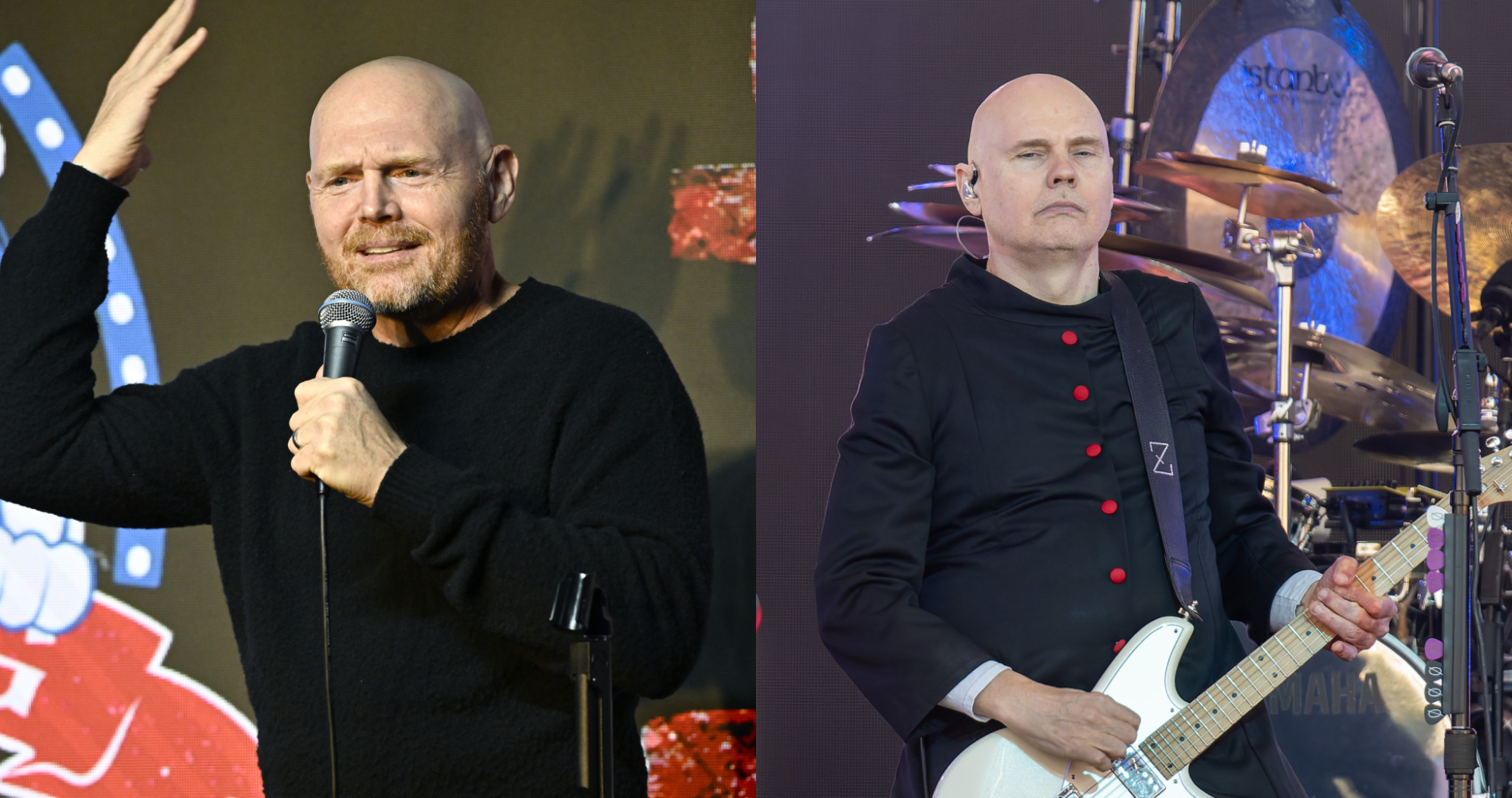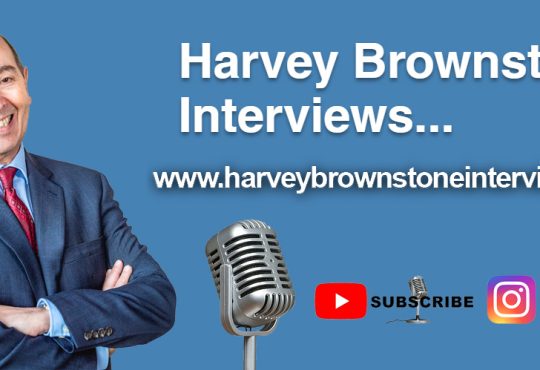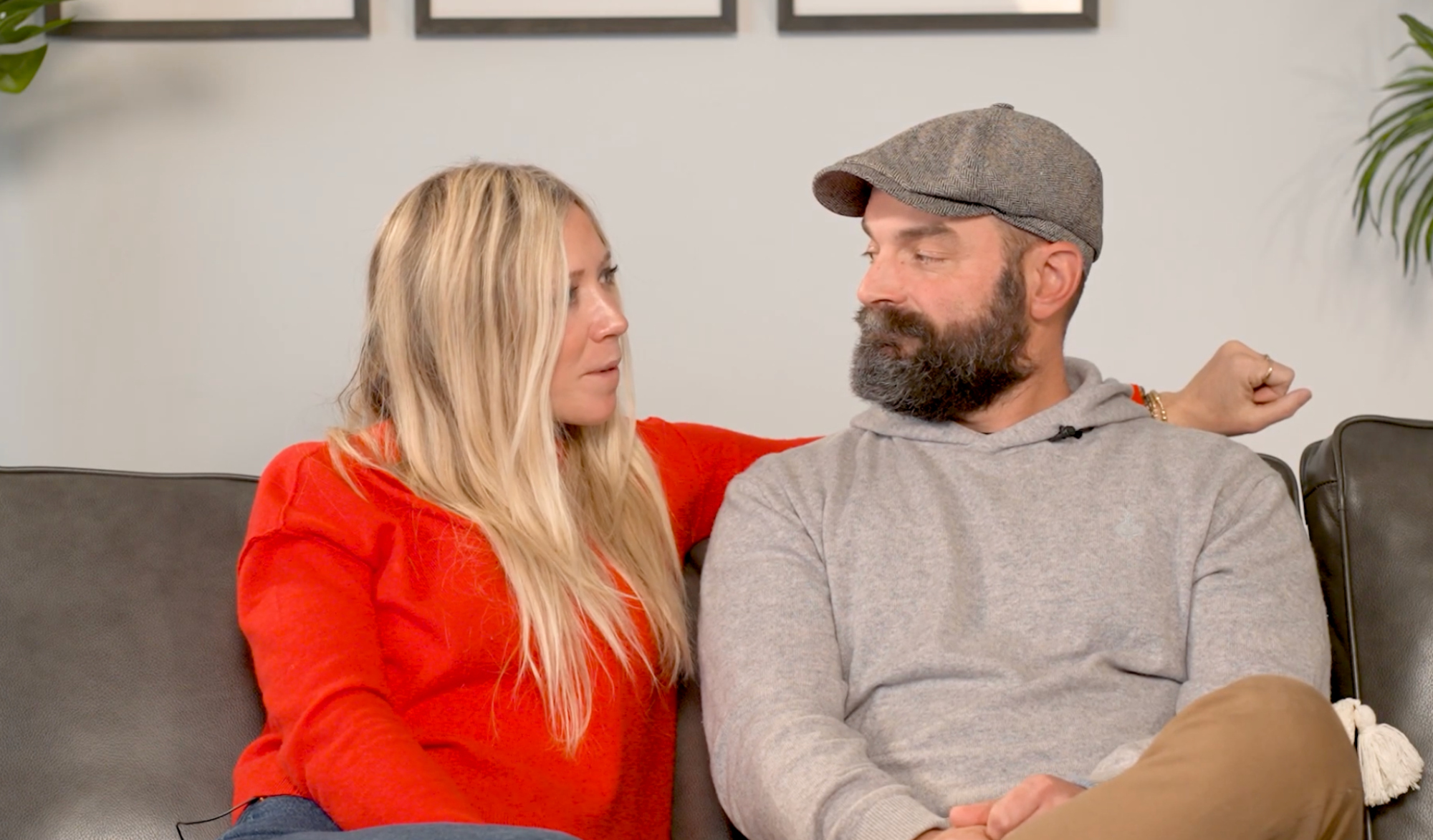You Should See ‘Juror No. 2.’ The Question Is Whether Warner Bros. Will Let You.
If there is a common denominator to the characters played over the years by Clint Eastwood, it’s that they can take care of themselves. To paraphrase his old enemy Pauline Kael, Clint’s is the rugged, creased, careworn face of self-reliance, squinting at the world from behind gelignite eyes that have seen it all before. He’s hardly in need of defense as a filmmaker—not with worldwide box office receipts in the billions and a treasure chest full of Golden Globes, Oscars, and honorary Palmes D’Or.
That it nevertheless feels necessary to stick up for Eastwood and his new feature, Juror No. 2, has less to do with his reputation or legacy than his apparent marginalization by his longtime studio. For the past few weeks, rumors have been swirling that Warner Bros. has been planning to bury Juror No. 2 for reasons that may have something to do with the underperformance of its immediate predecessor. In 2022, a Wall Street Journal profile of the company’s then-incoming CEO, David Zaslav, revealed that the (in)famously blunt executive had laid into his staff for green-lighting Eastwood’s tender Western Cry Macho, which earned just over $10 million on a $30 million budget. Supposedly, after being met with rhetoric about Eastwood’s legendary status and nearly 50-year relationship with Warners, Zaslav pulled out a quote from Jerry Maguire—one, it should be said, that was spoken not by Tom Cruise’s idealistic hero, but the movie’s obnoxious corporate stooge of a villain: “It’s not show friends; it’s show business.”
Let the record show that business has not exactly been booming on Zaslav’s watch, and that Eastwood—who has directed more than 30 movies for WB since 1975—is hardly alone on the list of colleagues and collaborators who’ve been treated like foes by the Zaslav regime, from Christopher Nolan to Wile E. Coyote. One wonders how Cruise, whose first love is the movies, feels about hitching his wagon to a guy who doesn’t seem to like them very much; godspeed to Paul Thomas Anderson, whose upcoming, not-not-a-Pynchon adaptation The Battle of Baktan Cross reportedly cost $140 million, a sum that would make one heck of a potential tax write-off.
That a movie with Juror No. 2’s pedigree deserves to open in more than a few dozen theaters during its opening weekend seems beyond any reasonable doubt. But as Eastwood himself told us back in Unforgiven—a film that earned Warners its only Best Picture statuette of the 1990s while clinching its maker’s case for the canon—deserve’s got nothing to do with it, even when it should.
A case could be made—perhaps not beyond a reasonable doubt, but still persuasively and in good faith—that Juror No. 2 is Eastwood’s best work since Unforgiven, or at least since the mid-’90s run that also gave us A Perfect World and The Bridges of Madison County. Those were all thoughtful, accomplished and, above all, accessible mainstream titles—movies which got their due in the moment but look considerably better in retrospect. One reason for that perceptual shift is the slowly eroding standard (and stature) of adult-oriented Hollywood releases, particularly those intellectual properties built from the ground up as self-contained units instead of franchised and subdivided into the cinematic equivalent of tract housing. We used to call them “movies,” and while Eastwood has not been above sequels—just ask Harry Callahan or Clyde the Orangutan—his willingness to tackle a wide variety of genres, subjects, and styles (including such weirdo experiments as The 15:17 to Paris) is what makes it hard for even skeptics to dismiss him.
For me, the extravagantly praised prestige pictures Eastwood signed in the early 2000s (like Mystic River) don’t actually represent his best filmmaking, and neither does the proliferation of self-reflexive, Unforgiven-style meditations on the meaning and metaphysics of Clintness (like Gran Torino, The Mule, and the likable but lightweight Cry Macho). However compelling Eastwood’s personal mythology may be, he’s typically at his freest and most resourceful when he sublimates his personal history and iconic onscreen persona to the demands (and pleasures) of conventional, straightforward storytelling—like, say, a proudly dad-coded courtroom drama that one could imagine playing on TBS on a Sunday afternoon.
The borderline generic nature of Juror No. 2 is at once its most obvious strength and its most deceptive strategic gambit: It’s a film that moves so swiftly and confidently from left to right that you barely notice that it’s turning itself inside-out. Its protagonist is Justin Kemp (Nicholas Hoult), a successful magazine feature writer whose wife, Ally (Zoey Deutch), is in the third trimester of a high-risk pregnancy, having already suffered an earlier miscarriage; the second shot of the film is from Ally’s point of view as her husband removes a blindfold from her face to reveal the beautiful, spacious home nursery he’s stocked and decorated as a surprise. The room stands as an expression of both husbandly devotion and commitment to the potentially rocky road ahead. It’s exactly the kind of gesture you’d expect from a good guy, and Justin—superbly embodied by Hoult, whose soulful blue eyes give Clint a run for his money—is so kind, funny, and thoughtful that we can’t help but like him. Our affection and empathy are only consolidated by the sobriety chip he keeps handy as a reminder of his previous incarnation as a self-destructive, joy-riding fuckup. The chip is a literal token of self-improvement that he hopes to carry forward into fatherhood.
That same sobriety chip was in Justin’s hand one year earlier, when he found himself staring down a glass of whiskey in a roadhouse on a dark and stormy night of the soul, an evening that ended with him rejecting temptation and driving home stone sober, only to hit a deer that presumably dashed off into the woods. Or that’s what he thought happened … Now, seated in the jury box for the murder trial of a local roughneck, he isn’t so sure. The prosecution alleges that the defendant, one James Sythe (Gabriel Basso), killed his girlfriend Kendall (Francesca Eastwood) after a fracas at a bar—the same roadhouse where Justin was (not) drinking on the night in question. Slowly, it begins to dawn on him that it wasn’t a deer that he hit; when the district attorney (Toni Collette) insists dramatically that the man responsible for Kendall’s death is in the courtroom, Justin can’t meet her gaze—not only out of shame, but also out of fear that he’ll accidentally give himself away.
This premise is pulpy enough for an airport paperback and philosophically sophisticated enough for a treatise; at the risk of being glib about a movie that’s dead serious about the failings of individuals and institutions alike, Juror No. 2 plays as an amalgam of John Grisham and Robert Bresson, and works like gangbusters on those terms. Its effectiveness is due in equal measure to Jonathan Abrams’s smartly assembled screenplay, which keeps feinting at narrative clichés only to reroute itself in more interesting directions. Eastwood’s command of tone, meanwhile, is relaxed and total. He has always been a selective stylist, and he knows when and how to simplify; in lieu of pushy camera moves or tricked-up editing rhythms, he keeps us focused on small details (like a good lawyer) and syncs the story’s pulse to Hoult’s acting, with its mix of furtive concealment and heart-rending transparency. If the plot machinery creaks occasionally, it does so in ways that feel pleasingly old fashioned. And whenever Eastwood needs to conjure up a striking image, he finds it, like a brief but suggestive interlude of Justin and Ally welcoming trick-or-treaters dressed as the folksy, steadfast subjects of Grant Wood’s enduring 1930 portrait “American Gothic.”
Were it not already taken, “American Gothic” would make a pretty good title for Juror No. 2, a film that’s forlornly preoccupied with the paradoxes of idealism, and whose action is subtly punctuated by shots of the red-white-and-blue flag hanging (as opposed to flying) outside the courthouse where Justin sits in agonized judgment of himself. A meeting with his AA sponsor-slash-attorney (Kiefer Sutherland) makes it clear that if Justin were to confess to his actions after the fact, he’d do 30 years on a vehicular manslaughter charge—leaving his infant son to grow up without a father. As in any truly wrenching drama, the situational deck somehow feels simultaneously stacked for and against the protagonist. The same checkered past that makes James Sythe a likely suspect is what would render Justin’s own (true) story of not being under the influence during the collision false, even if he were to deliver it under oath; the recurring motif that frames Justin and James as doppelgängers, passing each other in different directions, takes on a quietly cosmic dimension.
The common refrain—shared not only by the other members of the jury, but also the lawyers for the prosecution and the defense—is that they’re all working within the confines of a flawed system that’s hardly designed to deliver justice. During the early stages of the deliberation, the jurors spend more time commiserating over the mutual inconvenience of their situation than analyzing the facts of the case. When Justin starts stalling for time in an attempt to clear his conscience without incriminating himself, the reaction is mostly annoyance that he’s trying to draw things out.
Justin’s crusade has a clear cinematic precedent: Sidney Lumet’s landmark 1957 legal drama 12 Angry Men, which featured Henry Fonda as a nameless juror (in a spotless white suit) who gradually talks his colleagues out of sending a sullen (and innocent) Puerto Rican youth to the electric chair. That film’s anti-death-penalty messaging is secondary to its proto-Sorkian celebration of the Constitution—it suggests that as long as there are liberal superheroes willing to put themselves in the place of the accused, things will work out in the end. Juror No. 2 tweaks this scenario by making its Fonda-style truth teller a liar by omission; the result is closer to the dark, insoluble anxieties of film noir, a genre in which nobody’s hands are clean and people are too busy looking over their shoulders to listen to the angels or devils perched there. The sequences featuring J.K. Simmons as a fellow holdout who also happens to be an ex-cop—and as such is inclined to start poking around the case in ways that could expose Justin before he’s had a chance to sway or hang the jury—vibrate on Hitchcockian frequencies of panic and paranoia, while a subplot focused on Collette’s D.A. keeps pushing its way to the center of both the story line and its embedded process of moral inquiry.
Is it slightly groan-worthy that a character engaged in a crisis of faith—both in herself and her role as an avatar of righteousness—is literally named Faith? Maybe. But insofar as Juror No. 2 is a parable, it’s a remarkably clear-eyed and even-handed one, indulging in noticeably less caricatured dramaturgy than even a good effort like Richard Jewell and subsequently complicating Eastwood’s ever-present (and eternally multifaceted) conservatism by putting certain all-American values on trial until they start to feel less self-evident than scarily contingent.
That Juror No. 2 manages to work so well as a movie of ideas without ever really breaking its stride (or a sweat) as a piece of entertainment is testament to Eastwood’s formidable populist instincts, which have been in place since the beginning of his career and aren’t going away anytime soon (rumor has it he’s already at work on yet another in a series of ostensibly valedictory projects). Over the past decade or so, he’s managed to leverage his gift for crowd-pleasing against a bracing sense of ambiguity, especially on the subject of heroism and the impulse—however noble, or futile, or misguided—of rising to the occasion. Juror No. 2 continues this trend while pushing its maker’s ambivalence to a breaking point—one that’s potentially personalized by the casting of his daughter as an innocent victim. (Elsewhere, the significance of having an actor most famous for playing JD Vance portray a character who’s not nearly as vicious as he looks is subject for further critical study.)
Fittingly for a movie that dramatizes the process of deliberation, the closing passages of Juror No. 2 place the onus of interpretation on the audience. The ending, when it comes, is somehow rousing and devastating at the same time, and it hits even harder in a moment when many Americans may be meditating on the question of values—and about the tension between serving their best interests and doing right by others. Eastwood always has been interested not only in what it means to do the right thing, but whether such a thing is really even possible; Juror No. 2 considers the evidence without rendering a final verdict, which is exactly what gives it the tension endemic to genuine art. It’s not only a movie that people will enjoy, but one that they should see. That its own studio is holding it in contempt says more about David Zaslav than it does Clint Eastwood.
Adam Nayman is a film critic, teacher, and author based in Toronto; his book The Coen Brothers: This Book Really Ties the Films Together is available now from Abrams.


